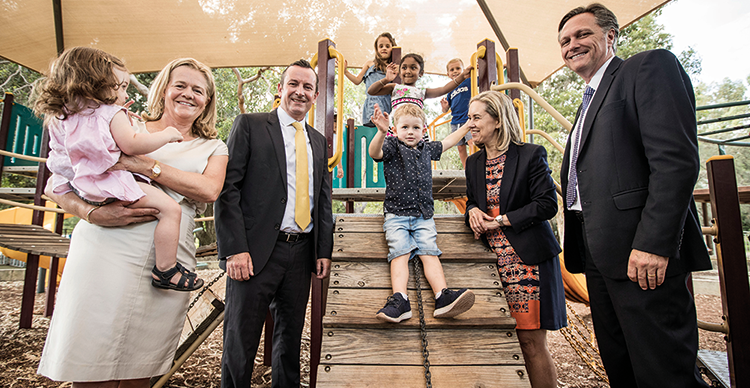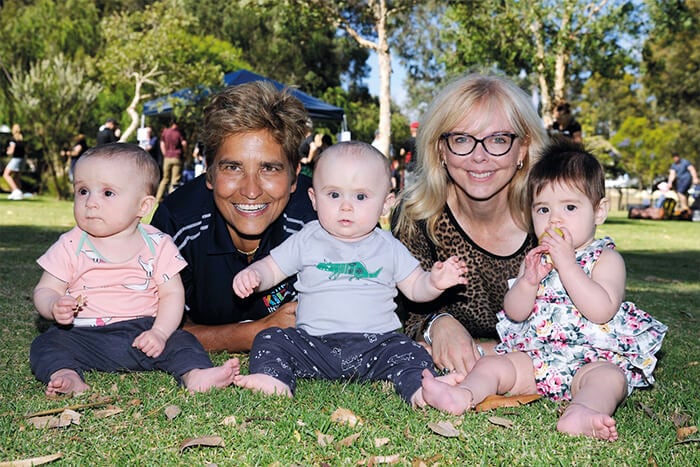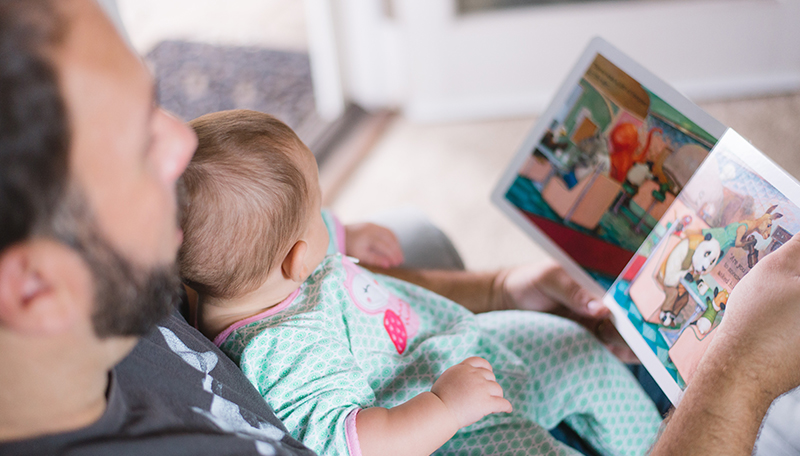Search
Research
Genome-wide association meta-analysis of childhood ADHD symptoms and diagnosis identifies new loci and potential effector genesWe performed a genome-wide association meta-analysis of 290,134 attention-deficit/hyperactivity disorder symptom measures of 70,953 unique individuals from multiple raters, ages and instruments.
Research
Immunogenicity and Safety of a 2 + 1 DTPa Priming Schedule in Australian Infants and the Impact of Maternally Derived Antibodies on Pertussis Antibody Responses up to 4 Years of AgeWe assessed the impact of maternally derived pertussis antibodies on infant responses to a 2 + 1 vaccine schedule (6 weeks, 12 weeks, and 12 months). Infants with baseline antibodies showed lower IgG responses following the primary vaccination series, but this did not impair booster responses at 4 years of age.
Research
Innate epithelial and functional differences in airway epithelium of children with acute wheezeEarly childhood wheeze is a major risk factor for asthma. However, not all children who wheeze will develop the disease. The airway epithelium has been shown to be involved in asthma pathogenesis. Despite this, the airway epithelium of children with acute wheeze remains poorly characterized.
Research
The Causal Effect of Parent–Child Interactions on Child Language Development at 3 and 4 YearsLanguage development is critical for children's life chances. Promoting parent-child interactions is suggested as one mechanism to support language development in the early years. However, limited evidence exists for a causal effect of parent-child interactions on children's language development.

News & Events
Children’s voices must be heardAround seven per cent of children and young people live in poverty, and one third are developmentally vulnerable when they start full-time school.

News & Events
CoLab Early Years InitiativeAs we all know, we only get one start in life. Like the Minderoo Foundation, our partners in CoLab, we are determined to ensure that every start is a strong one for children across Australia.

News & Events
ORIGINS Project shines light on Early Childhood DevelopmentA collaboration between The Kids Research Institute Australia and Joondalup Health Campus is poised to be a game-changer for early childhood development.

News & Events
The Kids researcher awarded prestigious EU Horizon 2020 grantProfessor Cate Taylor, is part of an International cohort of researchers to secure over €1.45million in grant funding from the EU’s Horizon 2020 programme.

News & Events
Meaningful moments build young brainsReading to your child is one of the easiest, most enjoyable activities you can do as a parent or caregiver.

News & Events
Chronic illness affects young children’s school readinessResearchers from the The Kids Research Institute Australia and UWA have found that young children with a chronic disease are more likely to fall behind their peers in a wide
